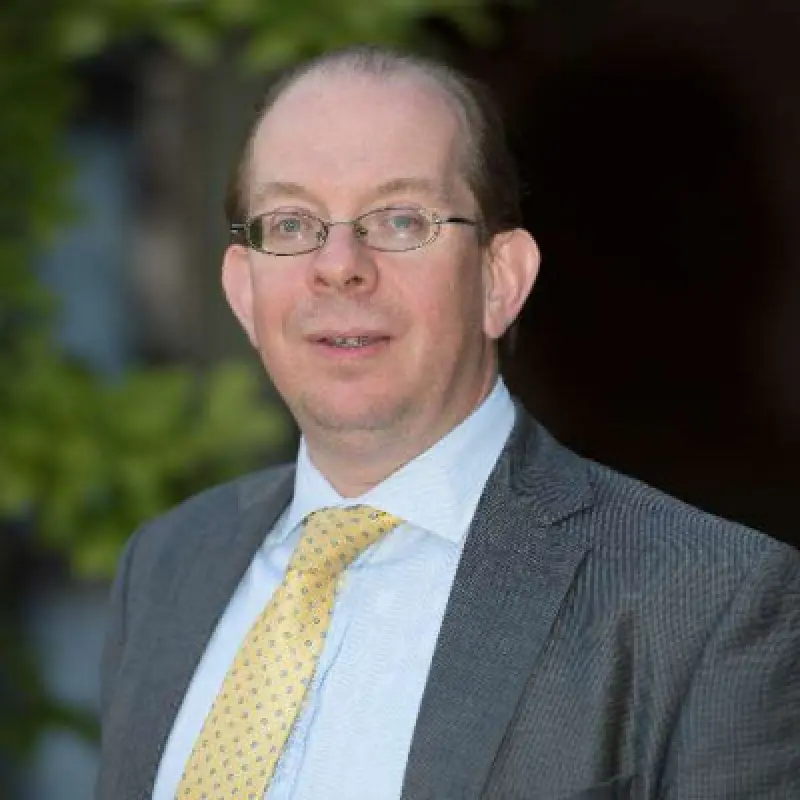M-60. Researching Medieval Manuscripts: From Cataloging to Cultural History
David Rundle
Course Length: 30 hours
Course Week: 29 June–4 July 2025
Format: in person, Oxford University in Oxford, UK
Fee: $1,495
Oxford is home not just to lost causes and dreaming spires but to the largest concentration of medieval manuscripts within any European university. This course will give you privileged access to these, as well as a grounding in how to make the most of them. The core skill which you will learn will be how to provide a codicological description of a manuscript, as appears in the catalogs which act as the main reference works for them. It will be argued, however, that this is only the first step in appreciating the evidential riches that each medieval book can provide: the ultimate goal is assisting you in understanding how you can construct cultural histories by working out from all the information these objects can give you.
We will look at a wide range of material, in terms of date and place of production, as well as genre and, indeed, state of survival—particular attention will be given to fragments, which are a growing area of study. We will also consider the histories of the collections of Oxford: how what is here arrived, and how what was once here has been lost. Oxford will, however, be simply a case study in developing skills and insights with much wider application.
Sessions will mainly take place in the Bodleian with its impressive holdings of manuscripts, but we will also visit some of the university’s colleges which hold collections within their own walls. You will undertake your own investigations of codices, both in small groups and individually. There is no expectation of prior engagement with manuscript material. The vast majority of surviving Western manuscripts are in Latin, so a grounding in that language may be helpful to you but is by no means a prerequisite. Likewise, having taken a basic course in paleography will stand you in good stead but is not expected. What is essential is a thirst to learn, an interest in details, and a recognition that the details do not matter in themselves but need to be made to speak of larger histories. The intention is that this will be useful for both budding medievalists and for archives and library professionals wanting some engagement with the world of manuscripts.
Faculty

David Rundle
David Rundle is Senior Lecturer in Latin and Palaeography in the Centre for Medieval and Early Modern Studies at the University of Kent. He trained in Oxford as an intellectual and cultural historian and in his research deploys the material evidence of medieval manuscripts—their construction, script, annotations and provenance—to trace the movement of ideas across Europe. This approach is on display in his most recent monograph, The Renaissance Reform of the Book and Britain (Cambridge University Press, 2019). He is also a manuscript cataloger, having produced with Ralph Hanna the catalog of Christ Church, Oxford (Oxford Bibliographical Society, 2017), and is working with Hanna on the collection of Magdalen College, Oxford. In addition, Rundle has a long-standing interest in the emerging subdiscipline of fragment studies, as shown by the website he founded, Lost Manuscripts. In case this is not enough to keep him busy, he is also Managing Editor of Medium Ævum, and blogs in admittedly desultory fashion on Bonae Litterae.
Full Bio »